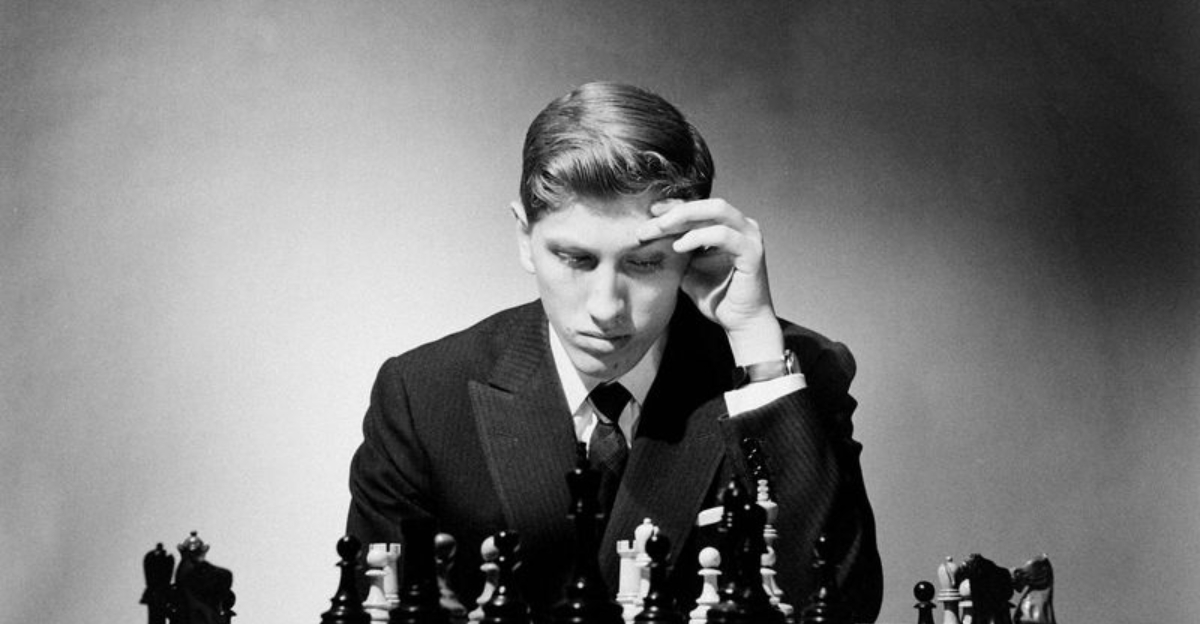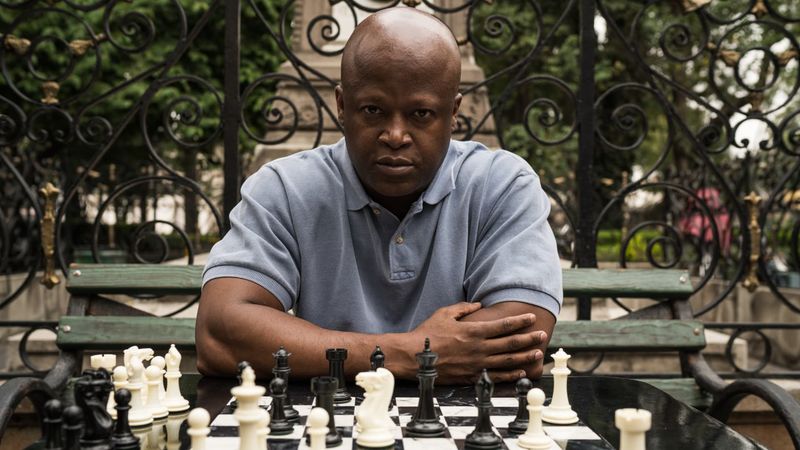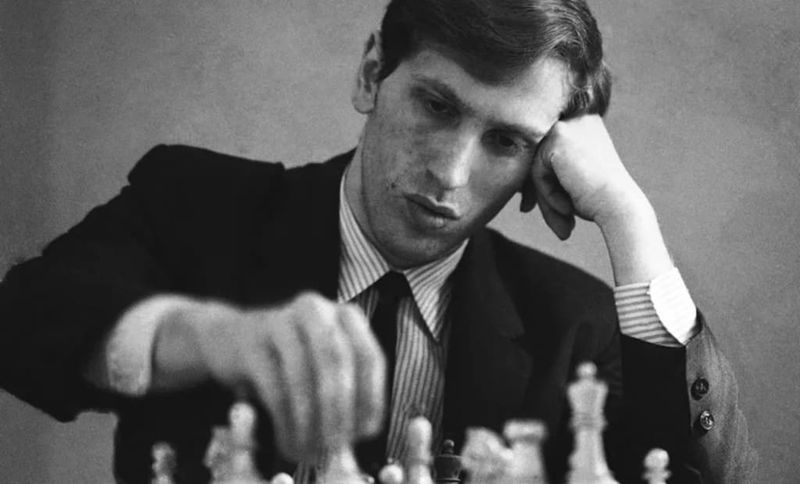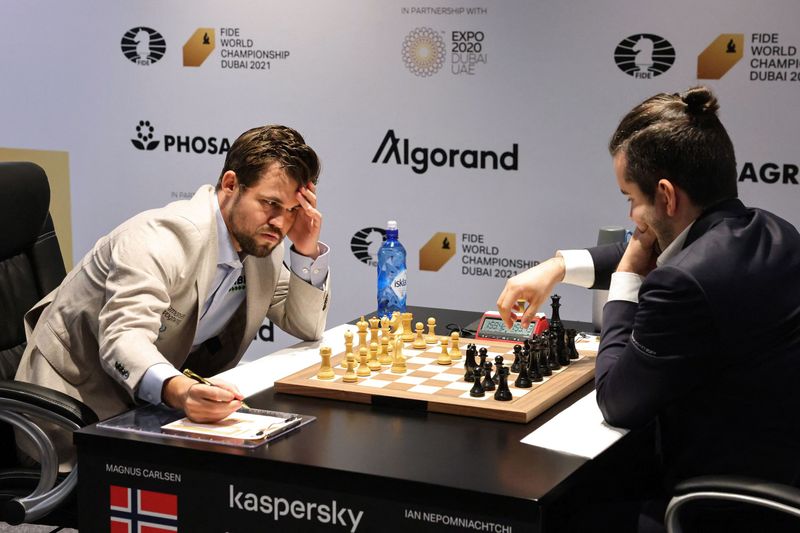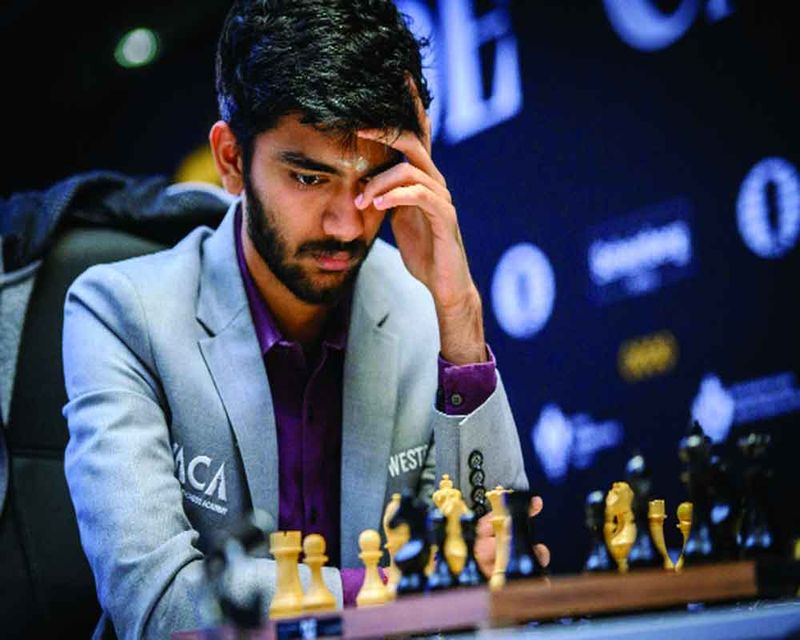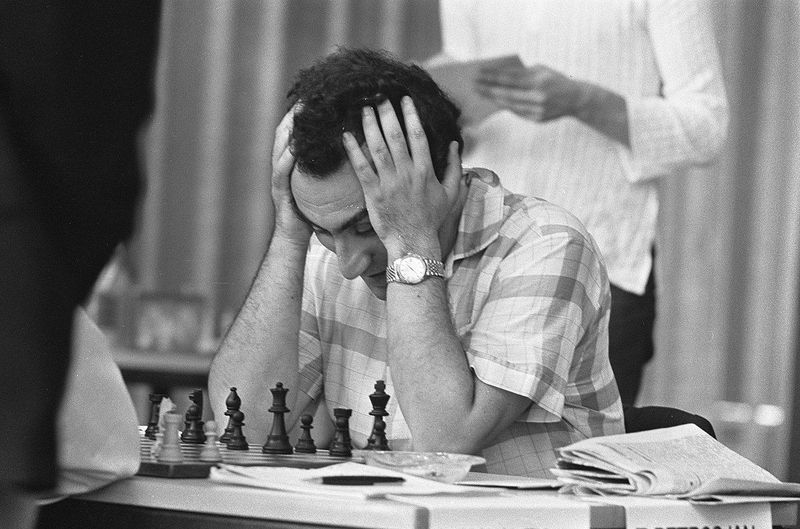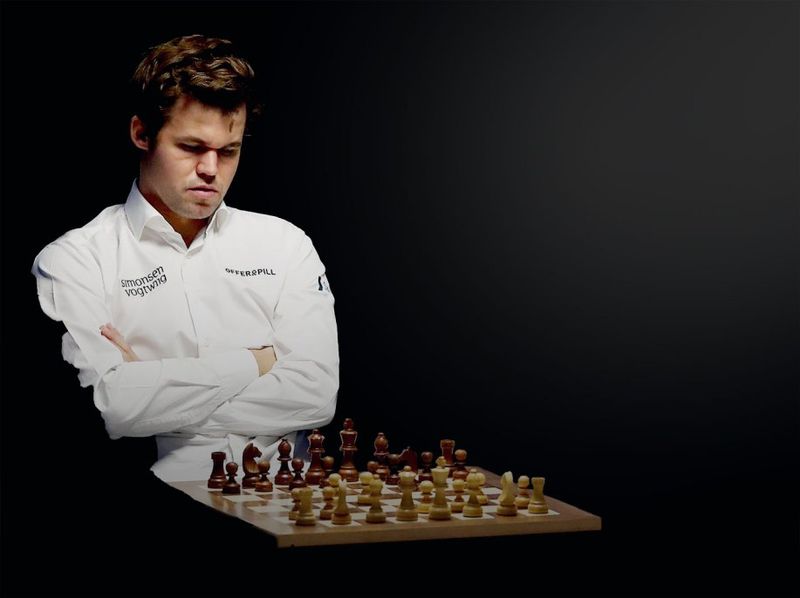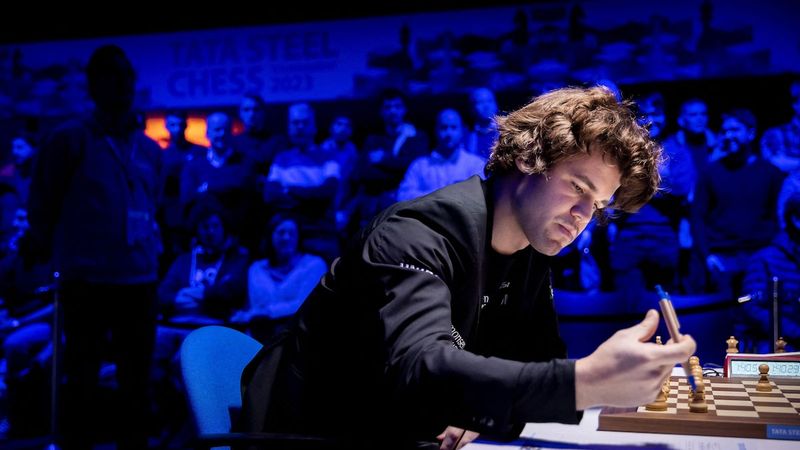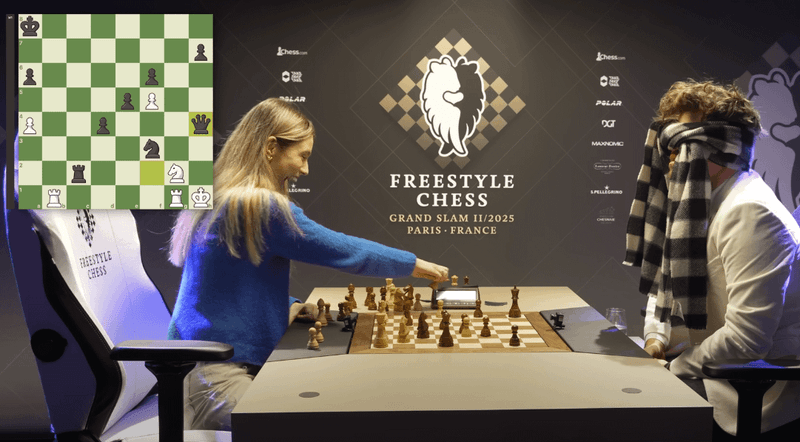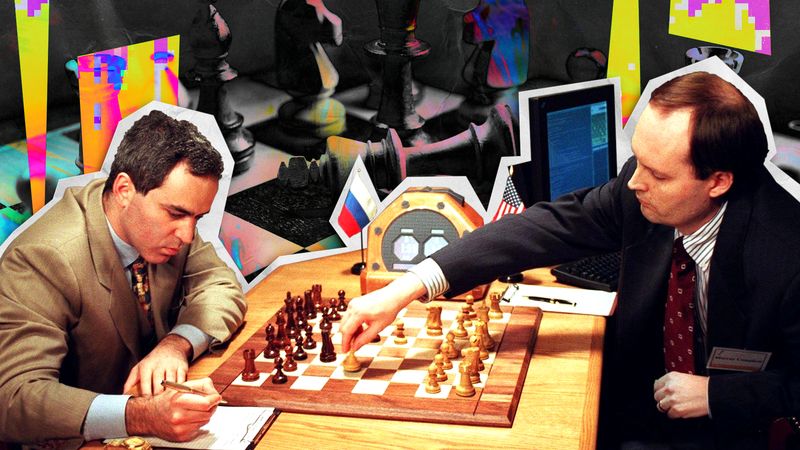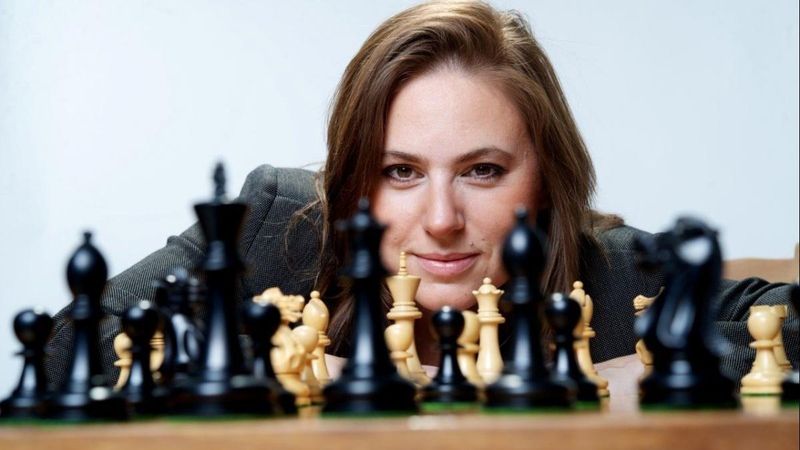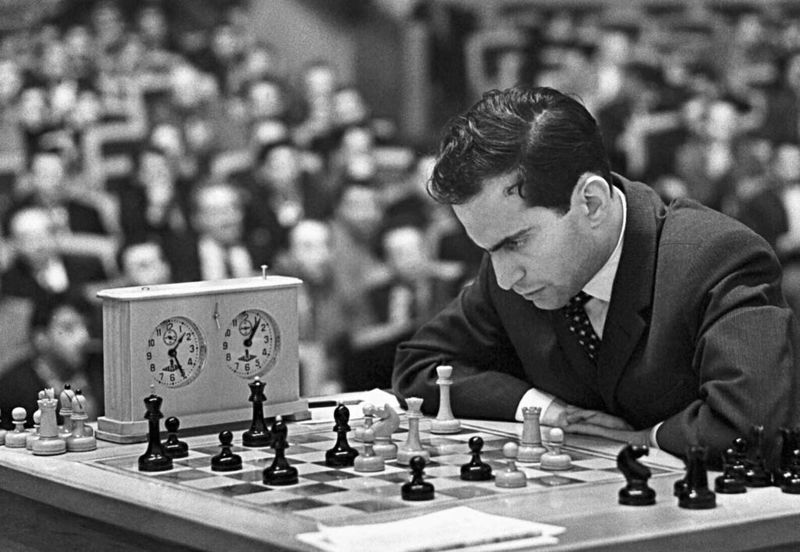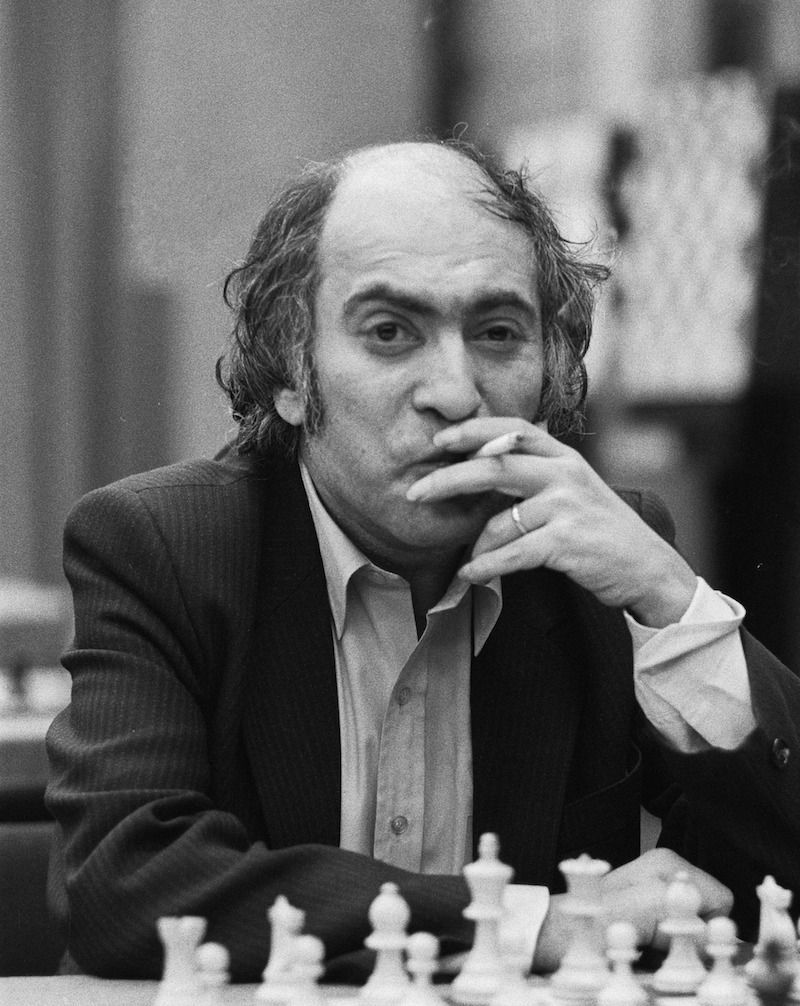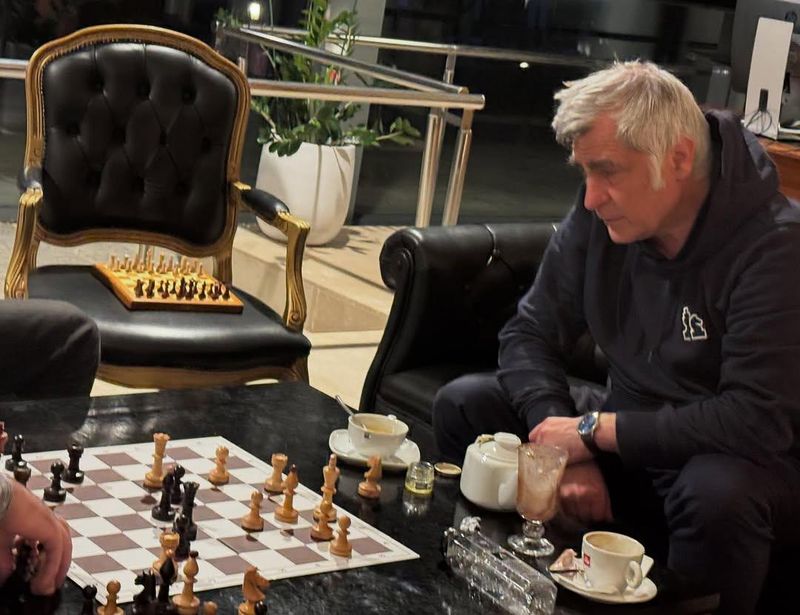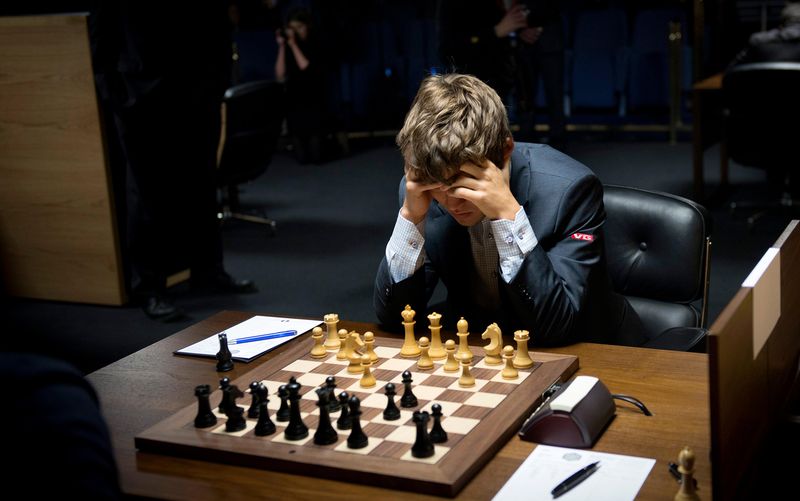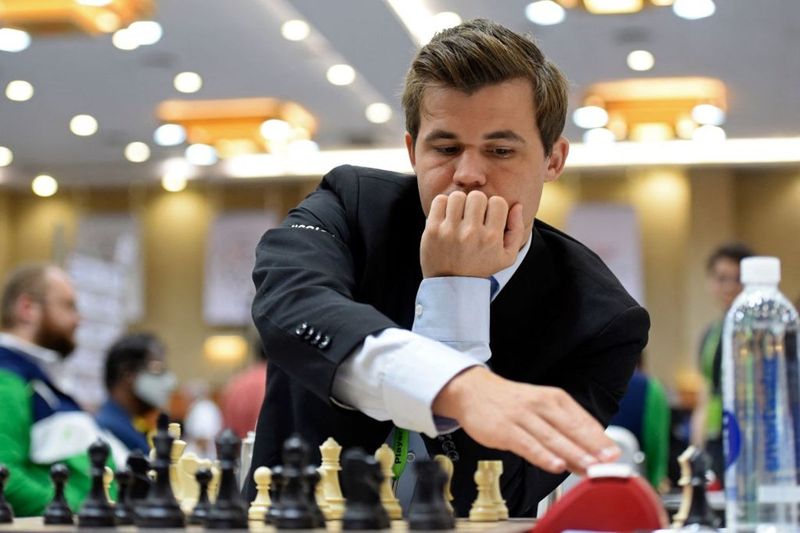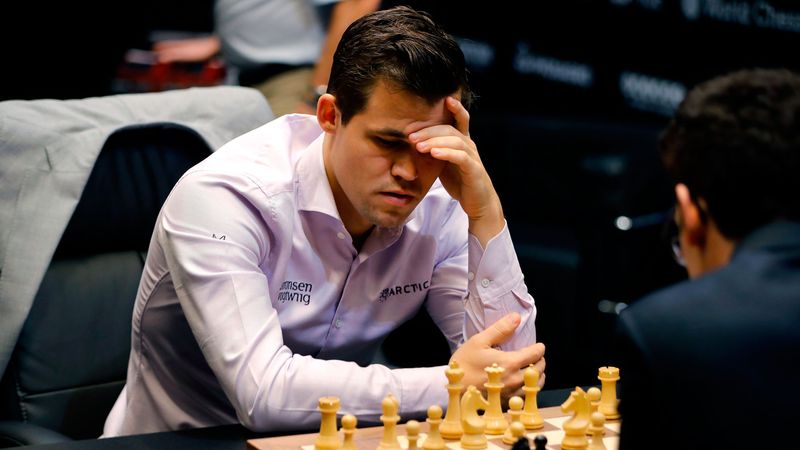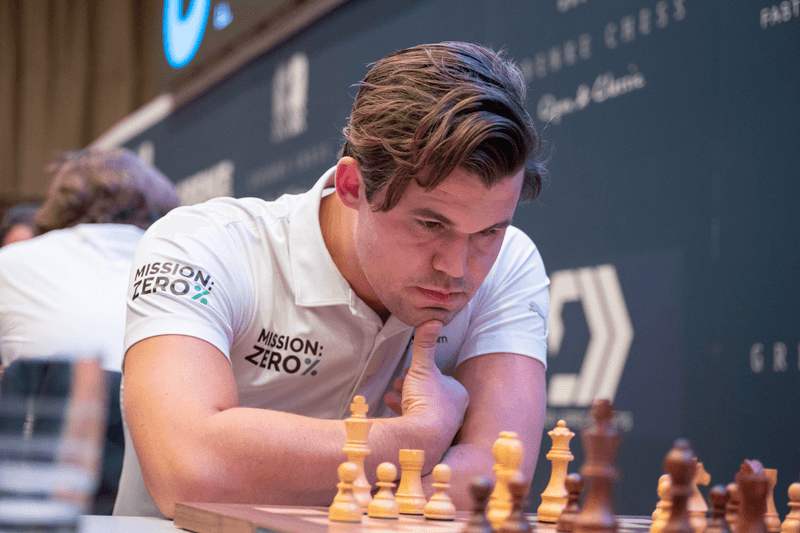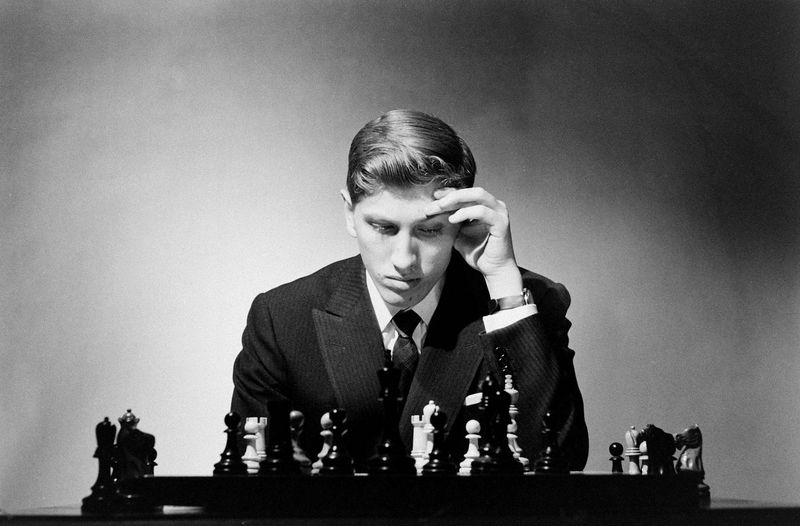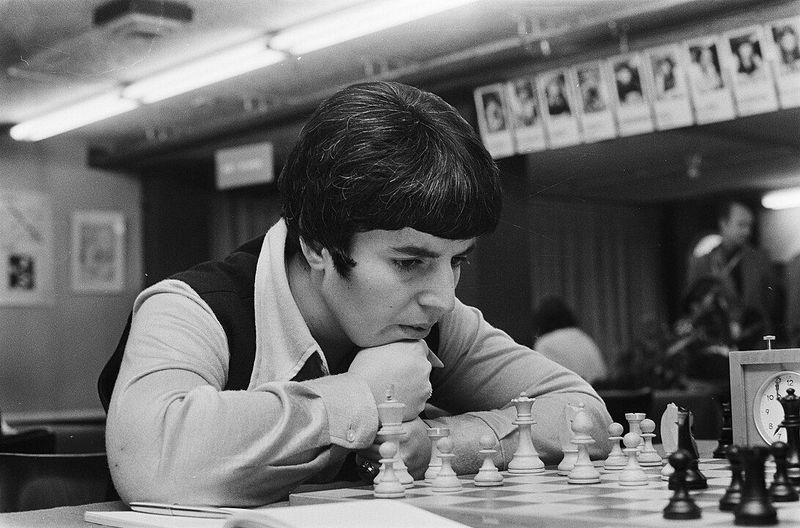For decades, chess champions have been wrapped in a mystique of genius, eccentricity, and superhuman intellect. But while their talents are undeniable, many of the stories that surround these grandmasters are simply untrue—or wildly exaggerated. It’s time to separate fact from fiction.
1. They All Have Genius-Level IQs
Not every champion is a certified genius. Many have above-average intelligence, yes—but their edge comes from relentless study, pattern recognition, and psychological grit, not an off-the-charts IQ.
2. Bobby Fischer Was Completely Self-Taught
Fischer was brilliant, but he wasn’t a lone wolf. He studied thousands of games and had help from strong mentors early on. His “lone genius” image? More myth than reality.
3. Chess Champions Are Cold, Emotionless Machines
Watch Magnus Carlsen slam a piece or Kasparov break into a smile mid-match. These players are fiercely competitive—and very human.
4. You Have to Start as a Child Prodigy
Many top players began young, but some world-class talents didn’t hit their stride until their teens or later. Discipline can trump an early start.
5. They Never Make Mistakes
Even grandmasters blunder. The difference is how quickly they recover. In fact, history is full of high-stakes games decided by shocking errors.
6. They Memorize Every Possible Move
No human brain can store all possible permutations. Champions rely on intuition, preparation, and a deep understanding of positions—not encyclopedic memory.
7. Magnus Carlsen Is the Greatest of All Time—Full Stop
While Carlsen is phenomenal, debates rage over whether Fischer, Kasparov, or even Capablanca deserves the GOAT title. It’s not a settled question.
8. They Live and Breathe Chess 24/7
Even top players need balance. Many enjoy music, sports, poker, or even trash TV to unwind. Chess obsession alone doesn’t make a champion.
9. They Can Beat Anyone Blindfolded
Blindfold chess is impressive—but not limitless. Most champions can’t keep track of more than a handful of boards at once, and even then, fatigue sets in.
10. Computers Made Human Champions Obsolete
Yes, computers are stronger. But human tournaments remain thrilling, and no AI has matched a human’s ability to captivate, bluff, or inspire.
11. Women Can’t Compete at the Highest Level
Judit Polgár shattered that myth years ago. She beat 11 world champions and held her own in elite male-dominated tournaments.
12. You Can’t Be a Champion Without a Grueling Soviet-Style Regimen
Plenty of modern champions grew up outside the rigid Soviet system. Training has evolved—now it’s a mix of analysis, digital tools, and mental coaching.
13. All Champions Are Socially Awkward Geniuses
While some are introverted, many are charismatic, articulate, and even playful in interviews. The shy genius trope doesn’t fit them all.
14. They Never Lose to Amateurs
It happens—especially in casual settings. Blitz games, online play, or simple fatigue can lead to upsets. Even legends have bad days.
15. Chess Is Just About Talent
Hard work, discipline, and stamina are more critical than raw talent. Many champions train like elite athletes—with coaches, regimens, and routines.
16. Every Champion Played Clean
History says otherwise. Accusations of cheating, collusion, and psychological warfare have dogged the elite ranks for decades.
17. They Can Predict the Outcome of Any Game Instantly
They’re quick—but not clairvoyant. Even champions need time to calculate complicated positions. Snap judgments are risky at the top level.
18. Their Brilliance Comes Naturally
Behind every genius move are years of study. What looks like instinct is really experience layered over thousands of games and scenarios.
19. Chess Masters Don’t Crack Under Pressure
Even world champions suffer breakdowns. Fischer withdrew from the spotlight, and other players have quit due to stress or burnout.
20. Once a Champion, Always a Champion
The title isn’t forever. Champions get dethroned, retire, or decline. The chess world is relentless—and no one stays on top without constant evolution.
